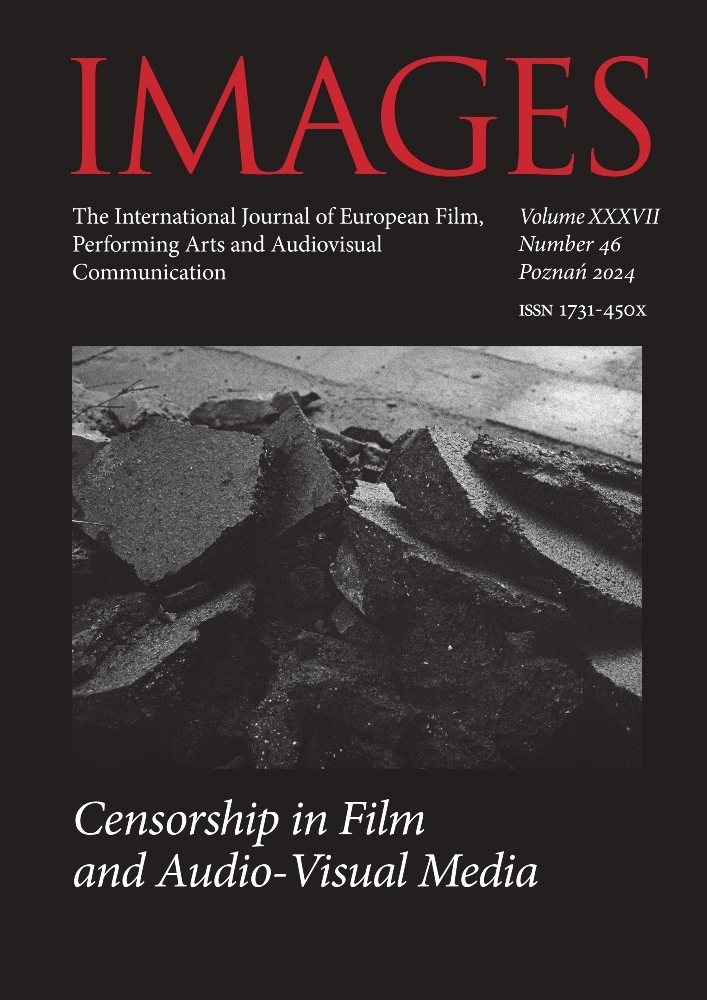„Ku nowym czynom, ukochany mężu…”
O Stukasach Karla Rittera
“Forth, send I thee, my valiant beloved…” On Karl Ritter’s Stukas
Author(s): Krzysztof KozłowskiSubject(s): Film / Cinema / Cinematography, Sociology of Art, History of Art
Published by: Uniwersytet Adama Mickiewicza
Keywords: National Socialist Film; art and politics; popular music; classical music; Twilight of the Gods; Bayreuth; Siegfried; propaganda use of art (Chopin; Wagner) and poetry (Hölderlin); World War II; Batt
Summary/Abstract: Karl Ritter’s film Stukas has been the subject of numerous analyses centred on issues such as prop-aganda (Rother), Nazi films about aviators (Gwóźdź), war and music (Vaget). This article situatesitself within the general discussion of art and politics in the Third Reich (Mungen, Pyta, Vaget, Werr).It starts from Goebbels’ speech on February, 15 1941 at the Reichsfilmkammer and attempts to lookat Ritter’s film from the perspective of Richard Wagner’s music and the Bayreuth festival theatre asan important cultural and intermedial symbol of Nazi Germany. Further, it aims to juxtapose thefilm plot with the meaning of the instrumental prelude ‘Siegfrieds Rheinfahrt’ that precedes Act I ofTwilight of the Gods, showing that the theatrical experience of the apathetic Lieutenant Vide allowshim to discover dormant layers of his own heroism. Driven by this discovery, he is able – like Siegfriedalongside his pillar Brünnhilde – to undertake therefore new challenges and conquer England withhis fellow pilots. It shall be argued that the Third Reich propaganda concept of Bayreuth and theFestspielhaus locks in with this thesis. It is here, with the support of the hospital sisters, that soldierscan recover fully. Nevertheless, it is by no means medications and systematic therapies that play thepart of Asclepius, but the power of Wagner’s music (rooted in mythology).
Journal: Images. The International Journal of European Film, Performing Arts and Audiovisual Communication
- Issue Year: 37/2024
- Issue No: 46
- Page Range: 153-169
- Page Count: 17
- Language: Polish

